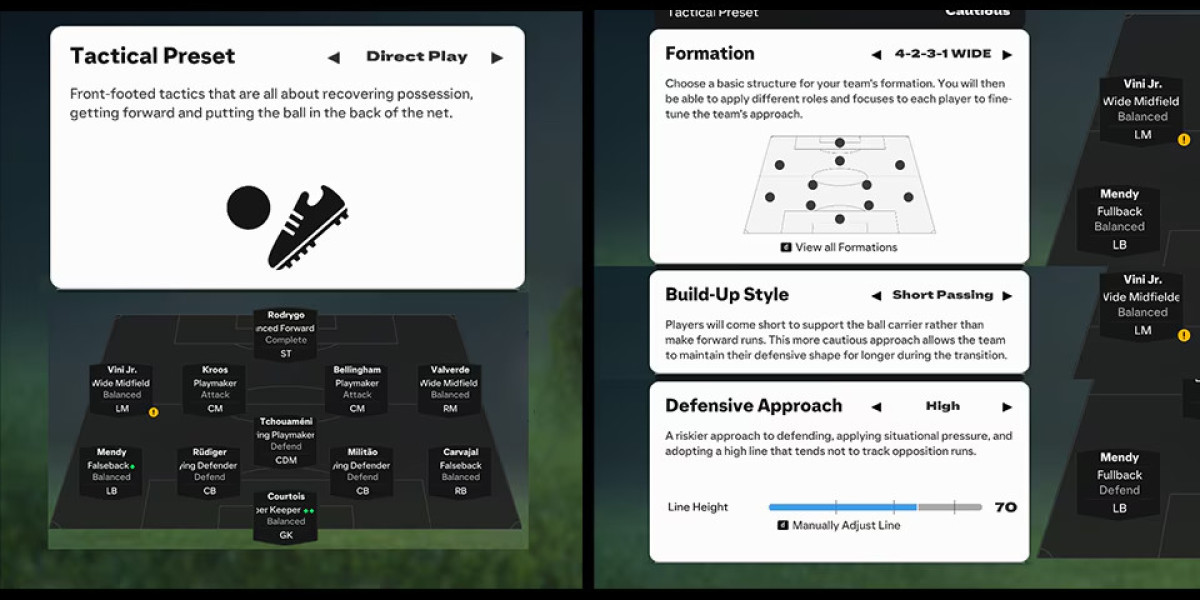To my surprise, renting textbooks turned out to be a smart and efficient choice. Here’s a detailed account of my initial experience and the insights I gained.
Addressing My Concerns
At first, I was hesitant about renting textbooks. I worried about the condition of the books, the potential for hidden fees, and the logistics of returning them. The idea of not owning the books felt a bit unsettling, but the high costs of new textbooks pushed me to give it a try. I was pleasantly surprised by how smoothly everything went.
Cost Savings That Add Up
The most noticeable benefit of renting textbooks was the substantial cost savings. For example, a textbook that would have cost $130 to buy was available for rent at just $40. This significant reduction in cost allowed me to save a considerable amount of money. With the extra cash, I was able to cover other college expenses and even invest in some new study tools.
Easy and Efficient Process
Renting textbooks proved to be much easier than I had imagined. I started by searching for my required textbooks on several rental websites. The process of selecting the books, specifying the rental period, and placing the order was straightforward. The websites were user-friendly, and I appreciated the detailed instructions provided for each step. I received my textbooks quickly and in good condition.
Flexibility with Digital and Physical Books
One of the best aspects of renting textbooks was the availability of digital options. Many services offered e-books, which were perfect for studying on my laptop or tablet. This flexibility was especially useful for carrying multiple textbooks without the physical bulk. For the physical books I rented, the return process was simple, with pre-paid shipping labels included in the rental package.
No Hassle with Reselling
Previously, selling old textbooks was always a hassle. I struggled to find buyers and often received less than what I had paid. Renting textbooks removed this issue entirely. Once the semester was over, I simply returned the books. There were no worries about the resale value or the condition of the books. This simplicity was a welcome change.
Environmental Considerations
I was also pleased to discover that renting textbooks is a more environmentally friendly option. By renting, I contributed to reducing the demand for new book production, which helps lessen environmental impact. It felt good to know that my choice was not only cost-effective but also aligned with my values of sustainability.
Tips for First-Time Renters
If you’re considering renting textbooks for the first time, here are some tips based on my experience:
- Explore Multiple Services: Look at various rental services to find the best deals and rental terms. Some may offer additional perks like free shipping or digital versions.
- Read the Rental Agreement: Understand the terms of the rental, including any potential fees for late returns or damages. This will help you avoid any surprises.
- Plan Ahead: Order your textbooks early to ensure they arrive before your classes start. This will give you enough time to familiarize yourself with the material.
Conclusion
My first experience with renting textbooks https://booksrun.com/books/rent was a positive one. It offered significant cost savings, a hassle-free process, and a more sustainable option for managing my academic resources. If you’re new to renting textbooks, I encourage you to give it a try. It might just turn out to be the practical and efficient solution you need for handling your textbook expenses.




